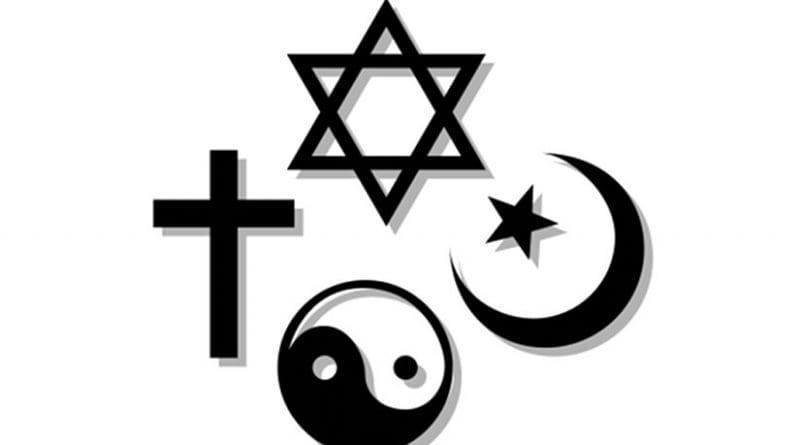Truth Is Not The Best Way To Reach God: Love Is – OpEd
Long before Daesh (Islamic State) began murdering tens of thousands of men, woman and children in order to establish God’s right order in the world, Pope Gregory VII (1073-1085) got the massacre ball rolling.
Upon assuming the papacy in 1073, Pope Gregory issued official proclamations urging Christian princes to recover lands occupied by Muslims in Spain, over which he claimed papal sovereignty on the basis of previous rule and right.
These decrees were really the beginning of the Christian Crusades against Islam and Jews: and the first fruit of Pope Gregory’s doctrine of Christian crusades was the 1085 fall of Muslim Toledo to Christian forces.
Pope Gregory’s ideas about Christian war, which were extended to fighting against domestic enemies of the papacy and the Church (like Emperor Henry IV), were also supported by his successors in the papacy.
Pope Gregory VII’s idea that popes were responsible for establishing the right order in the world, which could only be obtained through righteous Christian violence directed by the papacy, forms the political basis for all later Christian Crusades.
It also further stimulated an all out missionary battle against Judaism and Islam that had already begun in Spain, that led Muslims like Ibn Hazm to respond in kind. Religious truth became a zero sum game: anything positive said about another religion was seen as a weakening of your own side.
The goal was not to modestly try to harmonize various religious perspectives of the one and only God; but to self-righteously exaggerate religious differences, well beyond any reasonable understanding of the two sides.
If one believes that there is only one God who is revealed by many different inspired prophets, then we should be able to learn more about God’s will by gaining insights into our own unique revelation, from other revelations of that one God.
Since all monotheistic scriptures come from the one and only God, we should view other scriptures as potentially enriching our understanding and appreciation of our own scripture.
Tens of millions of people in the past lived morally good and religiously pious lives even though they believed that the earth was flat. Truth is not the best way to reach God: love is!
But in the middle ages almost all readers thought of revelation as a zero sum sport like tennis; rather than a multiple win co-operative sport like mountain climbing.
In the same year that Toledo fell (1085) Rabbi Yehudah HaLevi, the author of the The Kuzari, was born. He died 877 years ago (1141) in Jerusalem. A young man at the time of the first crusade, he long felt the plight of his people; and shortly before 1140 he wrote in Arabic his most famous work.
The Kuzari was based on an exchange of letters in the 950s or 960s between Hasdai ibn Shaprut, foreign secretary to the Caliph of Cordoba, and Joseph Khagan/King of the Khazars. The Kuzari gives an account of the Khazar conversion to Judaism, in the form of a debate between a Catholic Priest, a Muslim Imam and a Jewish sage.
At a time in human history when most people have the right to choose who to marry, where to live, what occupation to practice, and who to vote for; every person, from every religious community, or raised without any religion, must be free to choose which religion is best for her or him.
Religious seekers should overcome their own internal fears, and any external threats of Hell coming from others; and non-religious people should have a mind open to generations of spirituality.
Most books about world religions offer parallel academic presentations of different beliefs, without any discussion of how the various religions view each others values. My book presents a conversation by five different religious proponents, who have been invited by an ex-evangelical seeker and an ex-atheist sceptic, to discuss the real life personal impacts of the distinctive ideas and practices of their own religion on their own community.
For more information on my new book “Which Religion Is Right For You? a Kuzari for the 21st century.” Hadassa Word Press ISBN (978-620-2-45517-6) see Amazon.

